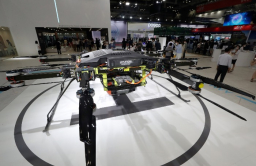-
KOSPI 2946.66 +52.04 +1.80%
-
KOSDAQ 777.26 +8.40 +1.09%
-
KOSPI200 394.16 +6.86 +1.77%
-
USD/KRW 1366 -4.00 0.29%
Hyundai set for revamped hydrogen-powered NEXO launch in Q2 2025
Electric vehicles
Hyundai set for revamped hydrogen-powered NEXO launch in Q2 2025
The revamped model may be equipped with a larger fuel tank, upgraded technology such as ADAS, OTA software upgrades
By
May 06, 2024 (Gmt+09:00)
2
Min read
News+
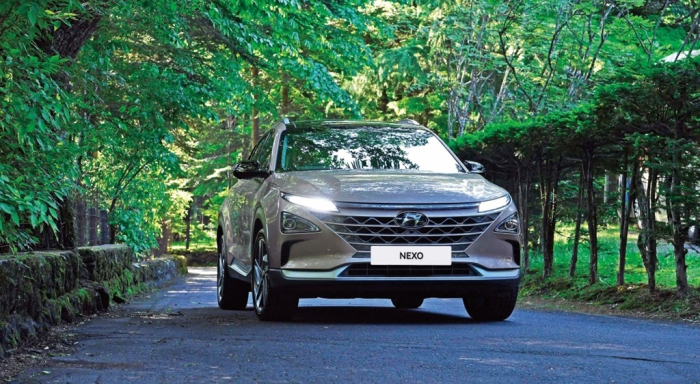
South Korea’s top automaker Hyundai Motor Co. plans to introduce a next-generation model of its hydrogen fuel cell electric vehicle (FCEV) NEXO crossover for the first time after its launch in 2018 as early as the second quarter of 2025 to cement its leadership in the global eco-friendly segment.
Hyundai Motor has recently explained the new version’s differences from the current model to the existing customers and user clubs while getting their feedback, according to company sources on Sunday.
The carmaker reportedly unveiled a larger fuel tank of the revamped NEXO than the existing model and upgraded specifications such as the advanced driver assistance system (ADAS) and over-the-air (OTA) software upgrades for suspension and braking systems. The company is in the final stage of testing related technology after completing the development.
“We opened an event to listen to customers’ opinions on potential changes in the powertrain, infotainment and appearance from the existing model,” said a Hyundai Motor official.
Hyundai Motor aims to revive the global FCEV market with the next-generation NEXO and strengthen its dominance in the sector.
FCEV MARKET SHRINKS
The global sales of the NEXO more than halved to 4,709 units last year from 11,179 units in 2022, according to market tracker SNE Research, as Hyundai has yet to introduce any revamped version since it unveiled the eco-friendly crossover.
Hyundai Motor’s global FCEV market shares fell to 34.7% last year from 54.8% in 2022, although the carmaker was the top player in the market, SNE Research said. Its Japanese rival Toyota Motor Corp. raised its market share to 26.6% from 17.9% thanks to robust sales of the Mirai sedan.
The global FCEV market shrank 30.2% last year.
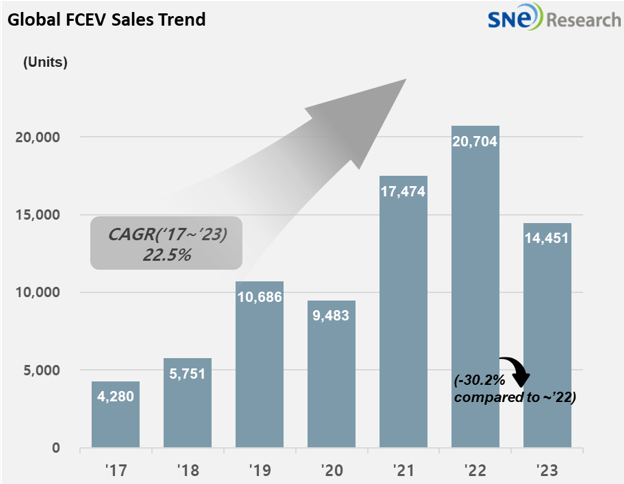
Despite the drop, Hyundai Motor Group’s Executive Chairman Chung Euisun emphasized the role of hydrogen-powered vehicles in the future at the Consumer Electric Show (CES) 2024, the world’s largest annual tech trade show in Las Vegas in January.
Hyundai Motor took over its auto parts and components-producing sibling Hyundai Mobis Co.'s fuel cell business, accelerating its plan to foster hydrogen energy as its next growth driver, earlier this year.
“Hyundai Motor is expected to actively establish a hydrogen ecosystem with the NEXO,” an auto industry source said.
Write to Jae-Fu Kim at hu@hankyung.com
Jongwoo Cheon edited this article.
More To Read
-
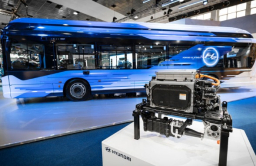 Hydrogen economyHyundai Motor to take over Hyundai Mobis' fuel cell business
Hydrogen economyHyundai Motor to take over Hyundai Mobis' fuel cell businessFeb 16, 2024 (Gmt+09:00)
-
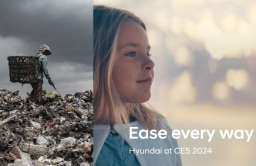 Korean innovators at CES 2024Hyundai Motor’s themes at CES 2024: Hydrogen, software
Korean innovators at CES 2024Hyundai Motor’s themes at CES 2024: Hydrogen, softwareDec 21, 2023 (Gmt+09:00)
-
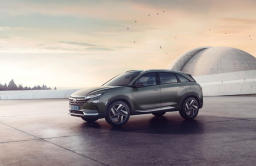 Electric vehiclesHyundai NEXO retains fuel cell EV leadership; Toyota Mirai follows fast
Electric vehiclesHyundai NEXO retains fuel cell EV leadership; Toyota Mirai follows fastSep 11, 2023 (Gmt+09:00)
-
Sep 01, 2022 (Gmt+09:00)


